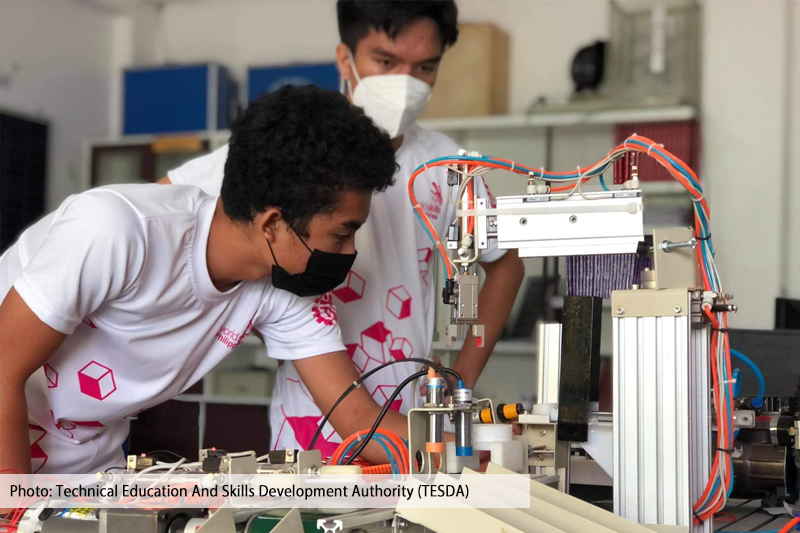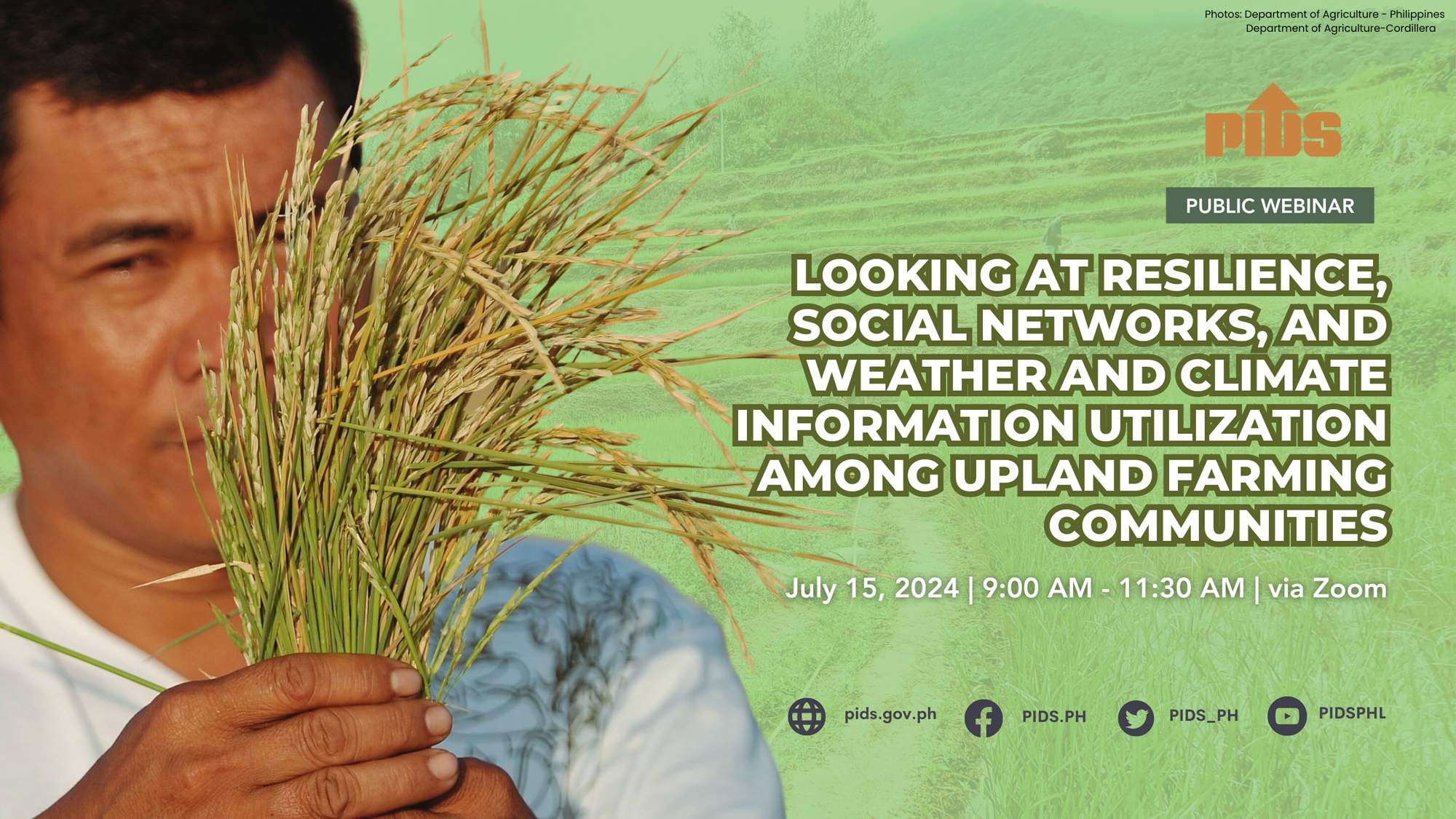MANILA, Philippines - The International Labor Organization (ILO) is pressing its member countries to promote early education that will equip children with the basic skills to keep them from working at a young age and help them secure decent work in the future.
In the Philippines, some 2.1 million children aged five to 17 years are mostly in hazardous work, ILO said, citing data from the Philippine Statistics Authority (PSA).
More than half of these children work on farms and plantations while the rest labor in dangerous mines, in streets, in factories and in private homes as child domestic workers.
A recent report of the Philippine Institute for Development Studies (PIDS) and United Nations Children’s Fund (UNICEF) revealed that the incidence of out-of-school children in the Philippines was 4.43 percent in 2013, lower than the 6.73 percent rate in 2011 and the 11.7 percent rate in 2008.
"Child labor is a complex issue rooted in poverty and the lack of access to decent work and social protection for adults,” said Lawrence Jeff Johnson, director of the ILO country office for the Philippines.
"A few pesos these children may earn while putting their health at risk or their lives in danger cannot change their future the way access to education can change their lives. Education opens doors to greater opportunities,” he noted.
In its "The World Report on Child Labour 2015: Paving the way to decent work for young people,” ILO made a set of recommendations its 185 members can use to complement policies and programs aimed at addressing child labor.
"Keeping children in school and receiving a good education until at least the minimum age of employment will determine the whole life of a child,” ILO director-general Guy Ryder said.
"It is the only way for a child to acquire the basic knowledge and skills needed for further learning, and for her or his future working life,” Ryder said.
The ILO report underscored the importance of intervening early against child labor.
"Results of the analysis indicate that those leaving school prior to the age of 15 years are generally at greater risk of never transiting to a stable job, which is defined as paid work with a contract of 12 months or more,” it said.
"At the same time, early school leavers who do manage to eventually transit take longer to do so and are generally less likely than more-educated youth to ever secure stable jobs,” it added.
Based on ILO’s recent estimate, there are 168 million child workers across the globe, with 120 million of them aged five to 14 years and 47.5 million aged 15 to 17 years engaged in hazardous work.
"The results reinforce a central message of this report that in many countries, interventions addressing premature school leaving and child labor are critical to broader efforts towards ensuring decent work for young persons,” ILO said.//












